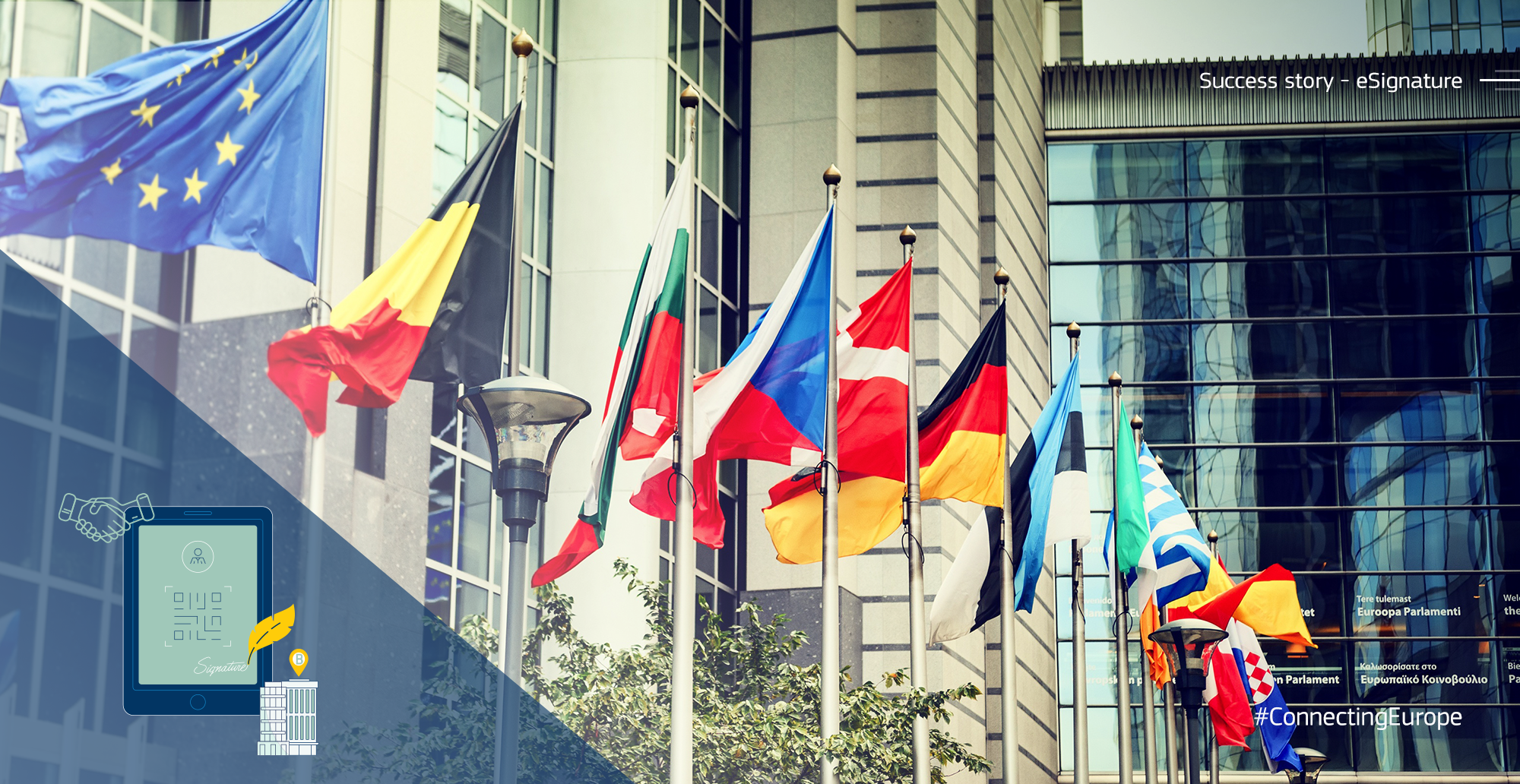The Connecting Europe Facility (CEF) funding programme has been an asset for European Institutions, Member States and other public authorities engaged in deploying new digital public services. The CEF Programme, thanks to its successes and increasing adoption in digital transformation initiatives, will enter its second generation in 2021, for the seven-year MFF 2021-2027.
The IDEASFORUM team of experts can help you understanding how the CEF Building Blocks can facilitate the development of digital services. This happens in full compliance with some of the most relevant directives and regulations (e.g., GDPR, eIdas, Single Digital Gateway, etc) issued to support the implementation of the Digital Single Market.
By leveraging on our networks of other non-profit associations, universities, research centers and private sector players, you can design innovative architectures. These are based on the use of European standards, digital services and open source generic enablers designed, developed, and maintained by the CEF Digital Team of the European Commission. This is a guarantee of compliance and continuous evolution reflecting normative changes and technological improvements.
Some additional information about the Connecting Europe Facility Program
The objective of CEF is providing public administration with concrete tools, guidelines and standards to implement the strategy for the Digital Single Market. It assures that the European Union builds a competitive digital environment for its citizens and businesses.
Given the widened scope of the CEF Digital Programme, the digital service infrastructures that have been funded under the CEF Telecommunications Programme until now, will be funded by the Digital Europe Programme from now on (DEP).
CEF Digital supports the completion of the Digital Single Market by connecting Europe through ‘digital bridges’ (Digital Service Infrastructures) for the benefit of citizens, businesses and public administrations. The CEF Programme has also the ambition to promote the vision of public services being not only digital by default but also cross-border by default. For this purpose, the programme has coordinated the development of two types of Digital Service Infrastructures (DSIs):
- Sector-specific DSIs to support the deployment of extremely complex trans-European digital services, based on robust and mature technical and process oriented organizational solutions (e.g., eProcurement, Cybersecurity, eHealth, eJustice, Online Dispute Resolution, Safer Internet and Open Data).
- Generic Enablers, as the DSIs known as “building blocks”, which provide components to build basic and re-usable digital services. Building blocks can, by nature, be integrated into other DSIs and major IT projects and can be combined with each other.
CEF building blocks
The CEF building blocks are basic digital services offered by the CEF Digital Programme. Building blocks are based on European legislation and standards. These will help European Public Authorities and, in some cases also businesses, to implement some of the most commonly needed digital capabilities, such as exchanging secure and traceable messages, digitally archiving documents and electronically identifying applications’ users.
By using one or more of the building blocks, digital services can be developed faster, in a simpler and more cost-efficient way, using existing, proven and “policies’ compliant” technologies, instead of requesting each organization to re-develop those services on their own.
In the spirit of fostering and accelerating the deployment of such projects, CEF also provides dedicated funding, mainly via grants (managed and administered by INEA, the Innovation and Networks Executive Agency) to organizations Innovation and Networks Executive Agency planning to adopt building blocks in their projects.
Several of the available building blocks are already used or are planned to be used to support the development of digital energy solutions.
Knowledge Base Building Blocks
eArchiving: provides sample specifications, software and support services for describing, transmitting and preserving data based on international standards.
Big Data Test Infrastructure (BDTI): is a virtual sandbox where public administrations can experiment with different big data tools and techniques to innovate new digital services and solutions.
Context Broker: context broker (based on the FIWARE Orion Context Broker and the NGSI-LD standard) centralizes and consolidates data from different data sources, enabling comprehensive analyses and real-time reports for more informed decision making.
eDelivery: leveraging on the AS4 standard, offers specifications, sample software and support services for setting up a registered delivery service infrastructure for exchanging data and documents.
eID: helps to set up the technical infrastructure needed to electronically identify citizens businesses and public authorities from other European Member States, as defined in the eIDAS Regulation.
eInvoicing: integrating the Directive and the European standard on electronic invoicing, supports the seamless generation, sending, receiving and processing of electronic invoices across borders.
eSignature: implementing the principles and technical specifications of the eIDAS Regulation, provide the tools and specifications to create and verify electronic signatures and seals.
eTranslation: provides machine translation services in a number of European languages, services which can be used either on demand for translating text snippets and documents (web service) or integrated directly into a digital service platform.
European Blockchain Services Infrastructure (EBSI): the latest of the building blocks, has the objective to provide technical infrastructure and standards to enhance trust between parties and improve the efficiency of distributed ledger operations.
Once Only Principle (OOP): the “Once-Only” principle, in the context of the public sector, means that citizens and businesses can be requested to supply data only once to a public administration, establishing the need for public administration to acquire those data from the recipient public service, in so reducing administrative burdens for individuals and businesses.
Contact
Give us a call, send us an email or reach out on Twitter and we will get back to you as soon as possible!





